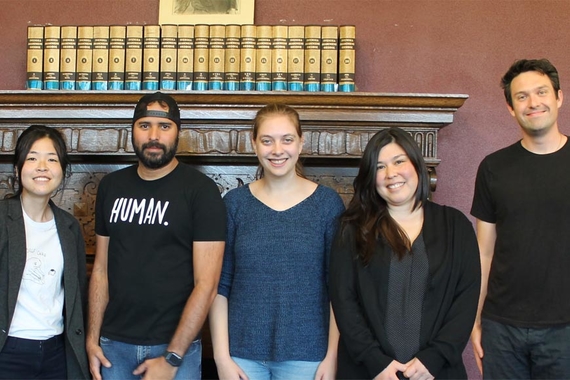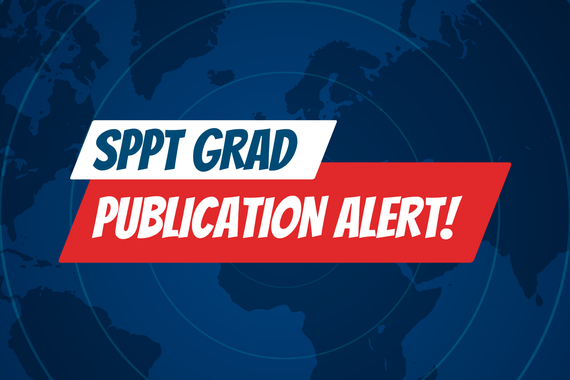Faculty Highlights: Prof. Hamilton Talks About Her New Book

Professor Michelle Hamilton joined the Department of Spanish and Portuguese Studies in September 2009. A scholar of medieval and early modern Spain, she was trained as both an Arabist/Hebraist and as a scholar of Spanish/Iberian Studies. Medieval and early-modern Spain was a place of multiple religions, ethnicities, and languages and in many of her studies (including her books Representing Others and Beyond Faith, and her edited collections The Study of al-Andalus, In and Of the Mediterranean, and Wine, Women and Song), she examines how cultural production in Arabic and Hebrew reflects or engages with Spanish work and reflects complex notions of identity, race, and community. In the last decade, her scholarship includes deep dives into manuscript studies, reflecting her training in paleography and codicology (over the summers and winter breaks you will often find her in an archive), as well as mysticism, translation, and multiglossia, and notions of magic and the supernatural in Arabic, Hebrew, and Spanish texts.
A New Perspective in the Field of Medieval Studies
The field of medieval studies, traditionally a conservative field that has focused on and been defined by Europe, has in the last decade undergone soul-searching about its origins, its methodologies, and how it is being used by contemporary ideologues. Important efforts to look beyond the cultures and histories of England and France and the English-speaking world have characterized some of the recent scholarship in medieval studies. However, medieval studies still has significant work to do in order to engage with the extensive and important body of scholarship produced in Spanish. While most of medieval Spain was Muslim for several hundred years, Spanish medieval studies, like the rest of Spanish scholarship for most of the 20th century, was shaped by the Catholic nationalism of the dictator Francisco Franco and his followers. However, in the past several decades, scholars have turned to the culture and history of Spanish Muslims and of how this impacted and engaged with the Christian and Jewish cultures of the peninsula. This study focuses on a pioneer in this field whose work explores the richness and character of the Arabic Middle Ages in Spain and how the latter both reflects and is different from the Latin and Romance cultures of Western Europe.

Making Visible the Scholarship on Andalusi Culture
Her recently published The Study of al-Andalus: The Scholarship and Legacy of James T. Monroe (Harvard University Press, 2018), underscores the importance of James T. Monroe’s work in establishing the place of Andalusi literature and culture in the study of the Iberian traditions and in establishing the importance of this Arabic literature and culture on European soil. Even as scholarship on European representations of the “East” has proliferated in the last 10 years among cultural/literary critics, as well as part of crusade studies in the wake of the Wars of Iraq, Afghanistan, and Syria, a discussion of the complex realities of medieval Iberia as part of what constitutes “Europe” continues to be largely absent, leaving unspoken still the privileging of English and French culture as de facto the defining traditions of Europe. In this volume, the co-editors (Hamilton and David Wacks) make scholarship on Andalusi culture visible to an English-speaking audience and cast Monroe’s work into greater relief as part of—and as a foil to—current debates about Muslims and the cultures and traditions of the Arabic-speaking world, not only in the Middle Ages, but also in the contemporary world. This volume explores the ways in which this past and the ways we chose to remember it has become an important mode of critical inquiry. One can see in Monroe’s pioneering role as founder of Andalusi studies in the United States the important legacy of his mentor, Américo Castro, the Spanish exile who, as a professor of Spanish at Princeton, trained a generation of scholars, and whose now-iconic concept of convivencia has become a touchstone/shorthand for reframing not only the ways in which the role of Jewish and Arabic traditions of medieval Spain are considered, but the very nature of Iberian studies in the Americas.


